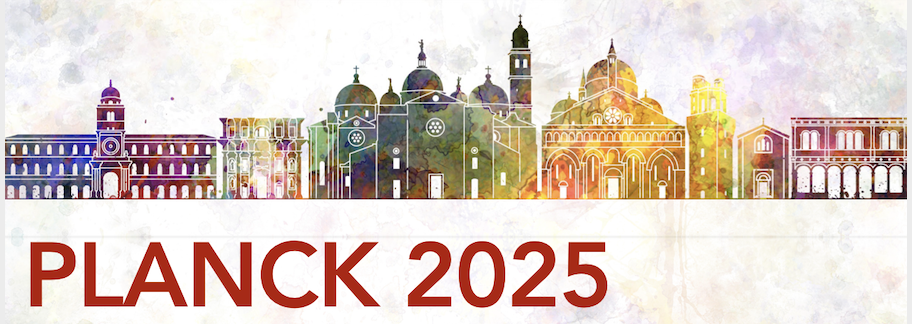Speaker
Description
In this talk I present the cosmological consequences of axion interactions with standard model fermions accurately and precisely. Our analysis is entirely based on a phase space framework that allows us to keep track of the axion distribution in momentum space across the entire expansion history. First, we consider flavor-diagonal couplings to charged leptons and quantify the expected amount of dark radiation as a function of the coupling strength. Leptophilic axions are immune from complications due to strong interactions and our predictions do not suffer from theoretical uncertainties. We then focus on flavor-diagonal interactions with the three heavier quarks whose masses are all above the scale where strong interactions become nonperturbative. The top quark case is rather safe because its mass is orders of magnitude above the confinement scale, and the consequent predictions are solid. The bottom and charm masses are in more dangerous territory because they are very close to the QCD crossover. We present a comprehensive discussion of theoretical uncertainties due to both the choice of the scale where we stop the Boltzmann evolution and the running of QCD parameters. Finally, we compute the predicted amount of dark radiation expressed as an effective number of additional neutrino species. We compare our predictions with the ones obtained via standard approximate procedures, and we find that adopting a rigorous phase space framework alters the prediction by an amount larger than the sensitivity of future cosmic microwave background observatories.

